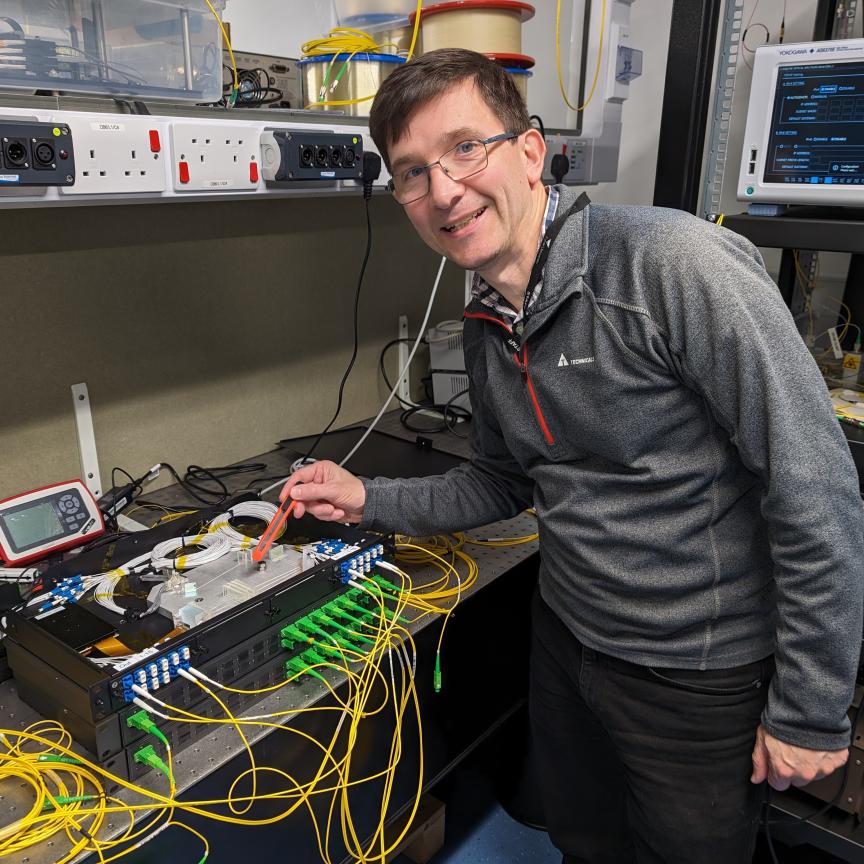OIF has launched a new project, the Energy Efficient Interfaces (EEI) Framework, focused on studying new energy-efficient electrical and optical interfaces. This includes, among others, the next generation of low power optics, also referred to as “linear” or “direct drive”.
These new interfaces will be required to meet the demands of various applications such as data centre networking, artificial intelligence (AI) training/machine learning (ML) and disaggregation.
Through this project, OIF will explore and study energy-efficient links with less than fully retimed interfaces, which have the potential to unlock a multitude of benefits for diverse stakeholders. The objective is to identify applications and their requirements for next-generation electrical and optical links, including die-to-die, co-packaged, near-packaged and pluggable solutions.
The project will conduct a study to identify critical issues associated with these links and also identify opportunities to pursue interoperability standards. The findings will be outlined in a framework document that will serve as a technical white paper for the project.
Rob Stone, Meta Platforms and OIF Board Member states: “With an increasing industry-wide demand, particularly from data centre operators, the focus on energy efficiency is more important than ever. Addressing this need head-on, the new OIF framework will explore energy-efficient interfaces for the optical interconnects of next-generation data centres that will support the performance scaling of current internet applications and enable groundbreaking AI-driven applications and immersive experiences.”
Adds Jeff Hutchins, OIF Board Member and Physical & Link Layer (PLL) Working Group Co-Packaging Vice Chair and CTO at Ranovus: “A primary goal of this project is to identify new opportunities for interoperability standards, laying the groundwork for potential future collaborations at OIF or other standards organisations.”
Nathan Tracy, OIF Co-chair of the Market Awareness and Education committee and Technologist at TE Connectivity concludes: “OIF is always listening to the wants and needs our members bring forward, and this project start proposal authored by several industry leading companies directly addresses a need that exists across many IT applications. This one project has the potential to significantly benefit several critical industry applications.”


